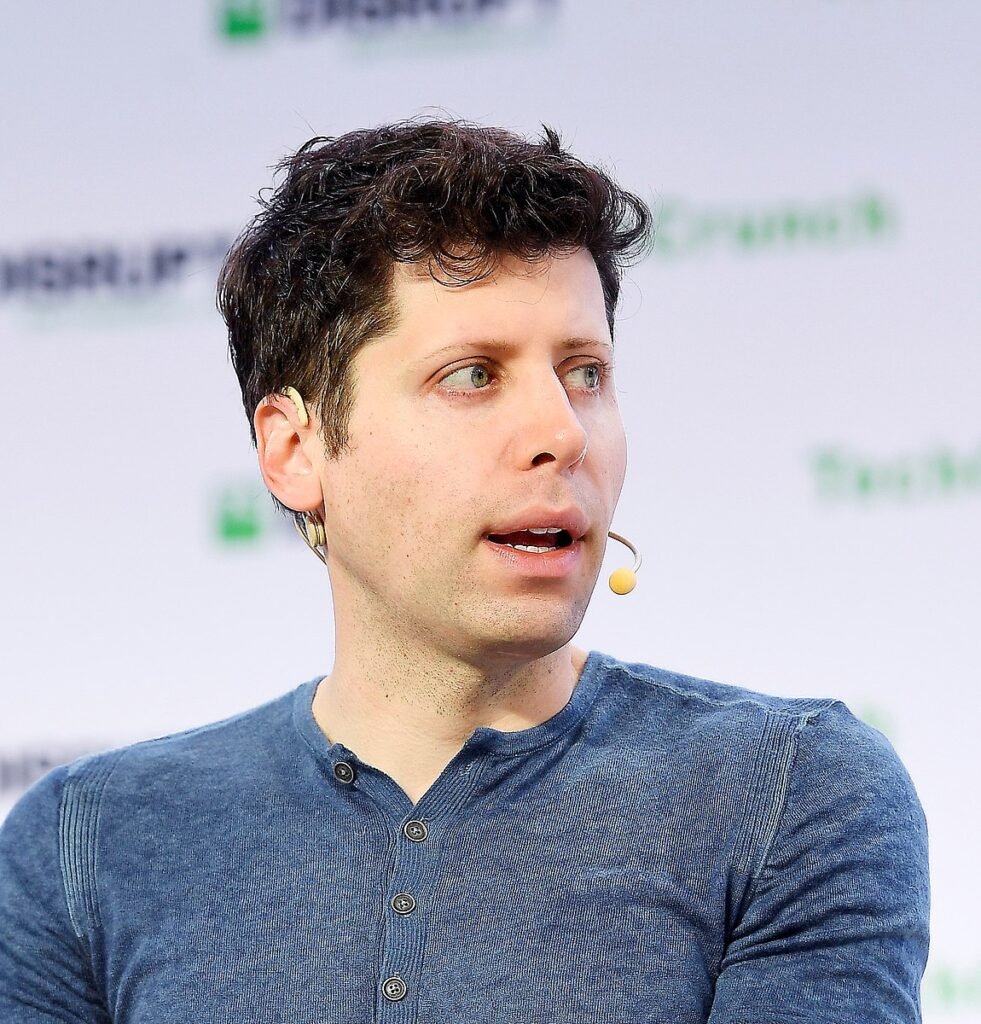News
How Sam Altman Is Taking Aim at Elon Musk’s Empire
Old Allies Turned Rivals: The Roots of the Altman-Musk Feud
Once united by a shared vision for the future of artificial intelligence, Sam Altman and Elon Musk are now locked in a high-stakes rivalry reaching far beyond Silicon Valley. Their partnership began in 2015 when they co-founded OpenAI as a nonprofit dedicated to responsible AI development. But in 2018, their alliance fractured, with Musk leaving OpenAI’s board amid disputes over the organization’s direction and control.

In the years since, their professional disagreement has devolved into a personal and very public feud, with both leaders trading barbs on social media, filing lawsuits, and accusing each other of bad-faith actions. Most recently, Musk has derided Altman as “Scam Altman” while Altman has questioned Musk’s motivations and happiness, calling him out for allegedly manipulating his companies for personal gain.
Expanding the Battlefield: Altman’s Strategic Offensive
Sam Altman isn’t satisfied with competing in just one field. Instead, he is leveraging OpenAI and his personal investments to directly challenge Musk’s influence across multiple high-profile industries:
Artificial Intelligence: OpenAI vs. XAI
After OpenAI’s ChatGPT launched to widespread acclaim in late 2022, Musk fired back by founding xAI—the “anti-woke” alternative to OpenAI—in March 2023. The rivalry escalated further when Musk sued to stop OpenAI’s pivot toward a for-profit structure, while Altman claimed Musk was trying to “torpedo” OpenAI from the outside.
Social Media: Building the Next “X”
OpenAI is reportedly developing its own social media platform, envisioning a direct competitor to Musk’s X (formerly Twitter), which currently enjoys 600 million monthly users. Altman’s project is designed as an “X-like social network,” a move that could potentially threaten one of Musk’s signature ventures if OpenAI’s expanding AI user base is integrated into the social sphere.
Brain-Computer Interfaces: Merge Labs vs. Neuralink
In a particularly pointed move, Altman has co-founded Merge Labs, a brain-computer interface startup aiming to go head-to-head with Musk’s Neuralink. With Merge Labs seeking an $850 million valuation and Altman also holding a small stake in Neuralink, this front of the rivalry demonstrates Altman’s willingness to compete aggressively even in highly specialized, capital-intensive fields.
Autonomous Vehicles: OpenAI and Glideways Challenge Tesla
Tesla’s grip on the electric vehicle and self-driving space is under increasing pressure, as OpenAI partners with Applied Intuition to develop next-generation AI for vehicles. Altman is publicly confident in the superiority of OpenAI’s technology over Tesla’s, suggesting on his brother’s podcast that “new technology” from OpenAI could deliver self-driving capabilities far beyond current offerings. With additional backing for companies like Glideways, another robocar startup, Altman is boosting the competition for Tesla’s much-anticipated robo-taxis.
Space Ambitions: Investing Against SpaceX
The Altman-Musk rivalry extends even to the stars. Altman has thrown support behind Longot Space, a company with ambitions to compete with SpaceX by launching satellites using an enormous ground-based gun. While Longot Space is speculative, the move signals Altman’s desire to undermine traditional rocket launches—a field dominated by Musk—through unconventional means.
The Impact: Two Visions, One Battle for the Future
Sam Altman’s aggressive expansion into Musk’s core industries marks a rare personal rivalry scaled to a near-industrial war. What started as a disagreement over AI ethics has now spilled over into global technology markets, with each leader betting not just on algorithms and hardware, but on their own ability to define the technological future.
As both continue to battle through innovation, legal challenges, and public sparring, the world will be watching closely—which vision, Altman’s decentralized, AI-driven web of startups or Musk’s constellation of integrated, founder-led companies, will ultimately shape the next era of technology?